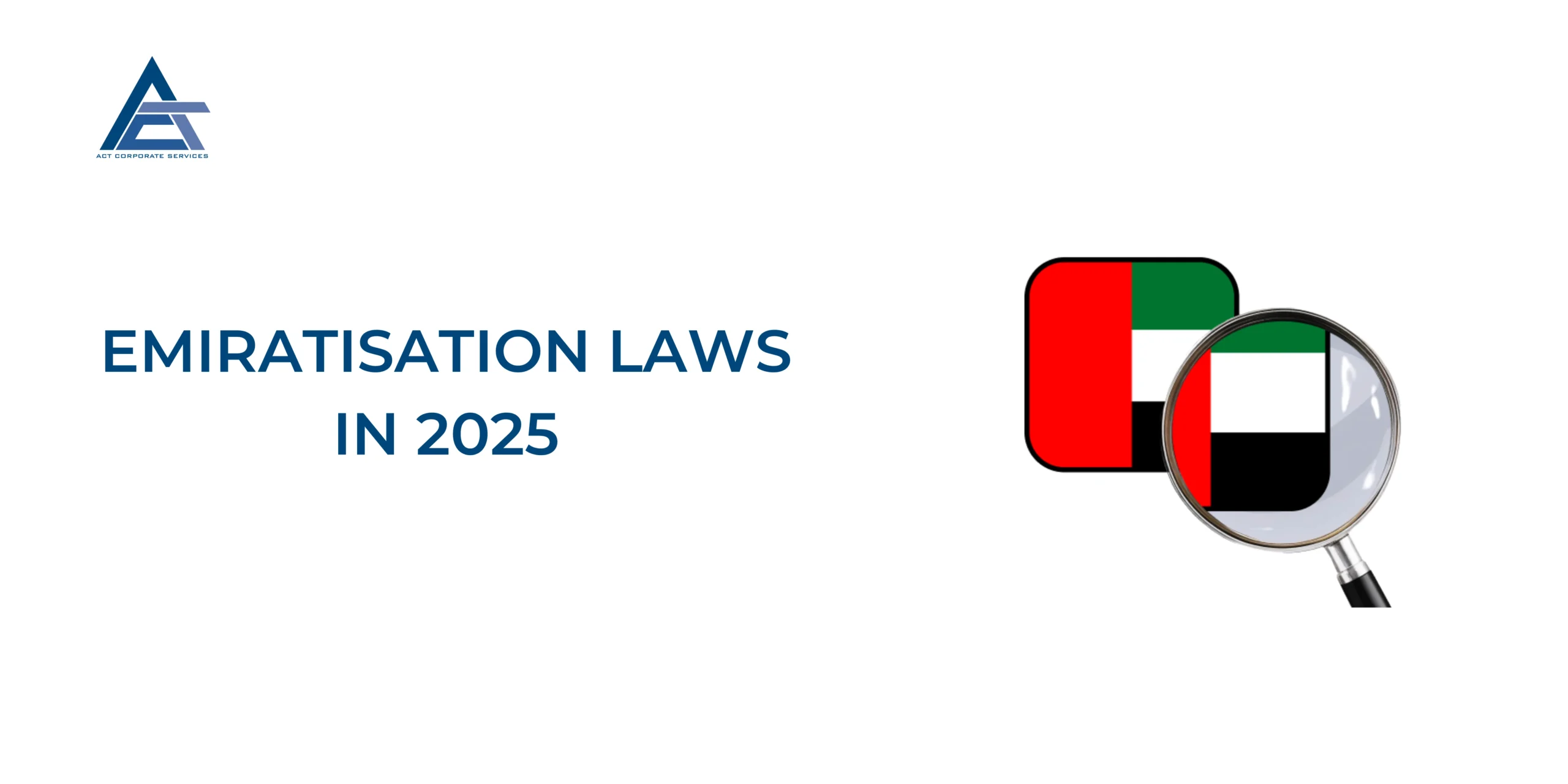22 May 2025, Dubai
The United Arab Emirates stands at a pivotal point in its journey toward economic transformation — one that champions innovation, diversification, and sustainability. Central to this vision is Emiratisation, a national strategy designed to elevate the role of Emirati nationals in the workforce, particularly within the UAE private sector.
Led by the UAE Ministry of Human Resources and Emiratisation (MOHRE), this initiative is reshaping how businesses operate, how talent is developed, and how long-term prosperity is achieved. With clear UAE Emiratisation targets set for 2025, and enhanced oversight through verification systems, the path ahead promises both opportunity and accountability.
What is Emiratisation?
Emiratisation in the UAE refers to the government’s structured effort to increase the representation of UAE citizens in the labour market — especially in industries where expatriate employees have historically dominated. The initiative spans a wide range of sectors and applies to both local and multinational firms operating in the Emirates.
At its core, Emiratisation is about empowering Emiratis with the skills, experience, and access they need to thrive in the modern economy. It is also a legal requirement, governed by a set of policies collectively known as the UAE Emiratisation law.
Why Emiratisation Matters
- Creating Meaningful Employment Opportunities
With a growing, highly educated young population, Emiratisation ensures that Emiratis have access to rewarding careers in diverse fields — from technology and finance to healthcare and logistics.
- Strengthening Economic Stability
By encouraging local workforce participation, the UAE enhances economic self-reliance and reduces overdependence on foreign labour — a crucial step in achieving long-term national resilience.
- Encouraging Knowledge Transfer
Placing Emiratis alongside international experts facilitates the exchange of global best practices, fostering innovation and raising productivity across sectors.
- Preserving National Identity
Emiratisation ensures that the cultural values and identity of the UAE remain visible and respected within corporate environments, particularly in customer-facing and leadership roles.
How Emiratisation Works: Key Mechanisms and Compliance
- UAE Emiratisation Targets for the Private Sector
Under the new Emiratisation rules in the UAE, companies with 50 or more employees are required to increase their employment of Emiratis in skilled roles by 2% annually, aiming for 10% by the end of 2026. These targets are non-negotiable and directly linked to the firm’s compliance standing with MOHRE.
Under the latest UAE Emiratisation regulations, private sector companies with 20 to 49 employees operating in specific business activities are now required to employ at least one Emirati national by the end of 2024, and a second by the end of 2025. This measure aligns with the UAE’s broader efforts to boost national workforce participation across the private sector. To avoid potential financial penalties, businesses in the affected sectors are encouraged to take proactive steps in planning and fulfilling their Emiratisation obligations in a timely and effective manner.
It’s important to note that the UAE private sector Emiratisation targets for 2025 are influenced by the proportion of skilled versus unskilled workers within an organization. Failing to meet these targets leads to Emiratisation fines for private firms, ranging from administrative penalties to restrictions on future operations.
- Government Incentives for Compliant Employers
To support the transition, the UAE offers attractive incentives to firms that meet or exceed their Emiratisation targets. These include:
- Salary subsidies and support through the Nafis program
- Access to government contracts
- Preferential treatment in regulatory processes
- Talent Development and Recruitment Support
From internships and on-the-job training to leadership development, the UAE’s talent pipeline is backed by partnerships between the government and private sector. These programs ensure that Emiratis are not only hired but are equipped to grow and lead.
- Monitoring and Verification
Compliance is closely monitored by the UAE Ministry of Human Resources and Emiratisation verification system, which tracks hiring data and validates the authenticity of employment records. This effort combats fake Emiratisation in UAE companies, where firms may falsely report Emirati hires to avoid penalties.
Addressing Non-Compliance: Fines and Penalties
The legal framework around Emiratisation is tightening. Firms engaging in fraudulent practices — such as claiming to employ nationals without offering them real work — face strict consequences under the fake Emiratisation UAE law. Penalties include:
- Substantial Emiratisation fines for UAE private firms
- Public disclosure and reputational damage
- Blacklisting from government procurement programs
The government’s message is clear: fake Emiratisation in the UAE will not be tolerated.
Turning Challenges into Progress
While the transition toward a nationalized workforce is ambitious, it is also being approached pragmatically. The government continues to invest in:
- Market-aligned vocational and technical training
- Enhanced career guidance for young Emiratis
- Public-private collaboration to ensure a smooth path from education to employment
These steps are transforming potential obstacles into structured solutions, making Emiratisation a shared responsibility.
Looking Ahead: UAE Emiratisation Targets 2025 and Beyond
As we approach the UAE 2025 Emiratisation targets, the focus will increasingly shift from compliance to value creation. Businesses are encouraged to view Emiratisation not as a box to tick, but as a strategic investment in local talent and long-term growth.
Future developments may include:
- Sector-specific training academies
- Greater clarity around industry benchmarks
- Continued digitization of MOHRE Emiratisation law enforcement and reporting
Why Committing to Emiratisation Is Smart Business
Emiratisation in the UAE is both a vision and a call to action. Aimed at building an inclusive, empowered, and future-ready workforce, Emiratisation represents a cornerstone of the nation’s socio-economic development.
For employers, aligning with the UAE Emiratisation law is no longer optional — it’s a strategic imperative. Whether through active participation in Tawteen, or internal workforce planning, every step counts toward fulfilling the national vision.
By investing in Emirati talent today, companies are helping shape a more resilient and prosperous UAE tomorrow.
Need Support with Emiratization?
Don’t let compliance become a challenge.
If you’d like guidance on how your business can align with Emiratization goals, get in touch with ACT Corporate Services. Our team is here to provide practical support tailored to your industry and make the most of available government support.



